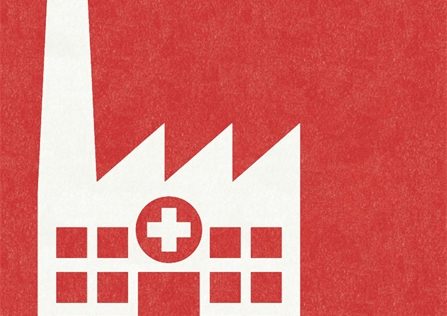The staggeringly disproportionate ravages of the COVID-19 pandemic among people of color, juxtaposed with the summer’s wave of protest against police violence against Black people in the United States, make clear that population health is bound up with existing patterns of social subordination. This reality transcends presidencies and pandemics—even in “normal” times, race, gender, and income play outsize roles in predicting health outcomes in this country. Yet, while the health system is a profoundly important social institution that often determines who lives and who dies, it has rarely been subject to the same level of scrutiny that has been directed at other systems we consider integral to how our democracy functions, such as the justice and electoral systems. In our recent piece, “Democracy and Health: Situating Health Rights within a Republic of Reasons,” we set out the contours of a health system that is grounded in an understanding of entitlements to health (public health and care) as assets of social citizenship. These contours include (1) public participation; (2) fair financing; (3) transparent and fair priority-setting processes; (4) universally acceptable, accessible, and adequate care; and (5) enforceable rights.


![A pinback button for the People's Church / Iglesia De La Gente. The background of the button is light blue. At center there is a yellow cross with white accent behind it. A black chain is on either side of the cross. Black text around the top reads [People's Church]. black text around the bottom reads [Iglesias De La Gente]. The back of the button has a metal pin with a clasp.](https://lpeproject.org/wp-content/uploads/2022/05/NMAAHC-2013_68_147_001-1-450x452.jpeg)



